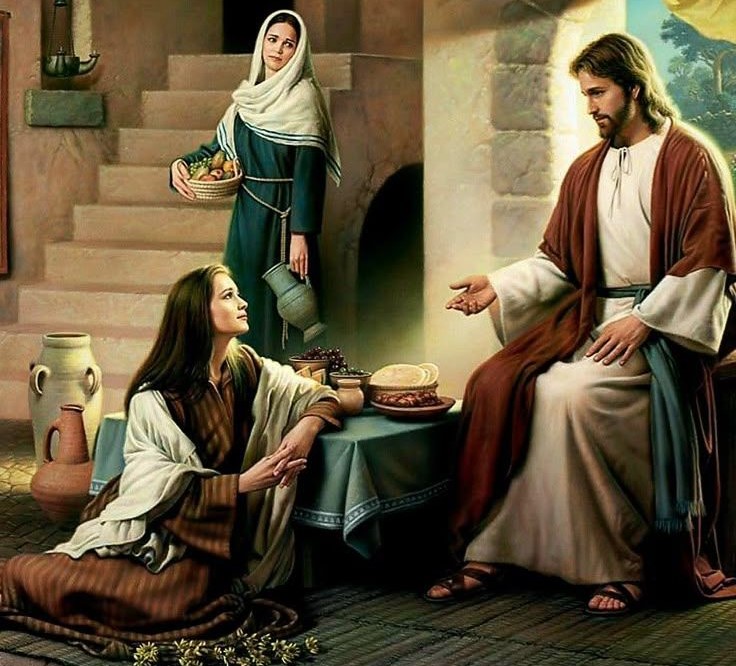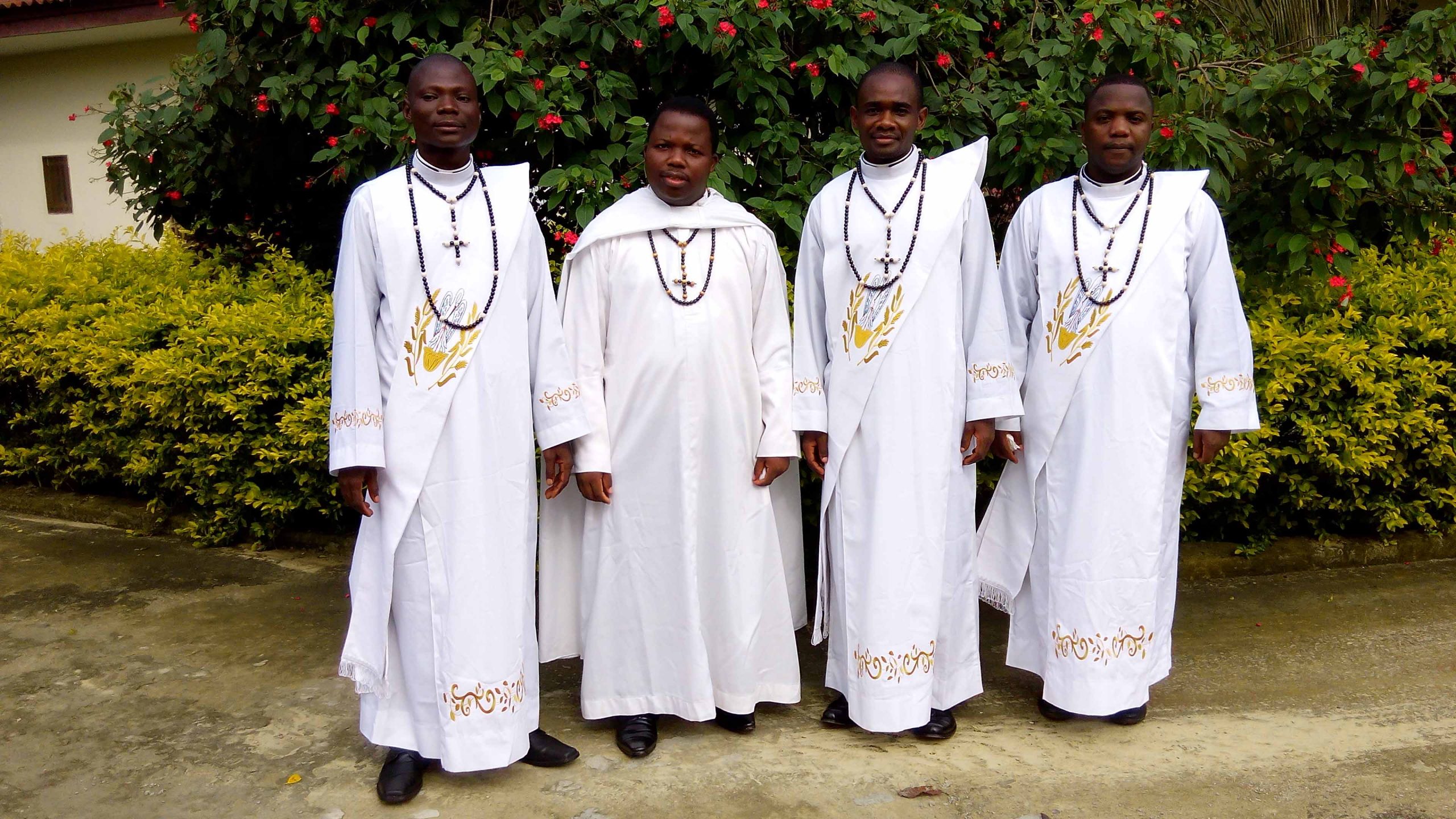– Aurelio Porfiri
Father Alessandro Andreini speaks about his fascination with the transformation processes in our lives, cultures and societies and in particular the role of Jesus Christ and the Church in that transformation.
Father Alessandro, can you give us some background about yourself?
I was born in Florence, 53 years ago. Graduated in Philosophy, I got a PhD in Cultural Sciences in Modena. Later I studied Theology in Florence and I have been a Catholic priest since 2004. I have been fascinated since I was young by the challenges of transformation processes in our lives and societies and became a Christian believer when I realized that the Gospel is an incredibly smart book on change, a book that speaks of a man, Jesus, the Son of the Father, who is a master in the need of transforming lives, cultures and societies, moving them toward a more human, beautiful and merciful horizon. I am a member of the Community of San Leolino and I am the minister of a small country parish in Panzano in Chianti. I teach Religious Studies in the Gonzaga University in Florence and I am one of the founders of the Società di Studi Giuseppe Castiglione-Lang Shining whose aim is to foster studies on Jesuit missionaries between XVII and XVIII century above all in China. I am also vice president of the board of Opera di Santa Croce.
You are a member of the Community of San Leolino in Italy. Can you explain what is that?
The Community of San Leolino is a religious community born 20 years ago in the diocese of Fiesole (Tuscany), whose founder is don Carmelo Mezzasalma who has been and continues to be a real master for me. The aim of our Community is that of bridging faith and culture, according to the perspectives of the Vatican II council. We strongly believe that faith and culture are deeply connected and can develop mostly through a deep dialogue and mutual help, as pointed particularly in the Vatican II document Gaudium et spes: “Just as it is in the world’s interest to acknowledge the Church as an historical reality, and to recognize her good influence, so the Church herself knows how richly she has profited by the history and development of humanity” (#44). We try to foster this dialogue between faith and culture through our communitarian life, our studies, our work in the field of education (we run a school) our spiritual and cultural activities, in which literature, music and art receive a prevalent attention, being dimensions in which the dialogue between faith and culture can be experienced and developed.
Your studies were focused also on Dietrich Bonhoeffer. Why you have chosen him?
It has been one of the gifts I have received thanks to my master Carmelo Mezzasalma, who proposed me this matter for my final PhD research, a study on Bonhoeffer’s Ethics that has also become a book in 2001. Dietrich Bonhoeffer has lived in one of the most crucial periods of change in modern history and his life itself is a clear evidence of this: being the son of a high bourgeois German family, he was a brilliant student at Berlin University, awarding the doctorate in theology at the green age of twenty-one; he has been the promising young teacher at the University, a catechist in a Berlin slum, a pastor, an ecumenist, a pacifist; he has been the director of an illegal Seminary, a conspirator against Nazism, a prisoner and, finally, a martyr.
Most of all, he has lived in this age of changings trying to think and discuss these gigantic transformations. Particularly in the valuable and provoking letters addressed to his best friend Eberhard Bethge in the last two years of his life, while he was in jail, Bonhoeffer has deeply investigated a question which continues to be relevant for us today: how to be Christians in “a world come of age”? His unexpected solution is a “religion-less Christian faith” that leads to the discovery of a new image of God and man focused on weakness: “The Bible directs man to God’s powerlessness and suffering; only the suffering God can help. To that extent we may say that the development towards the world’s coming of age, which has done away with a false conception of God, opens up a way of seeing the God of the Bible, who wins power and space in the world by his weakness.” (Letters and papers from prison, July 16, 1944)”.
You are responsible for culture for the Tuscany conference of Bishop. What are your responsibilities?
The job might be resumed in two verbs: connecting and fostering. First of all, the task of the committee I am part of – directed by the archbishop Riccardo Fontana, bishop of Arezzo-Cortona-Sansepolcro – is that of trying to put in touch one with the other the various experiences of cultural development present in Tuscany. Not an easy job, indeed, since our region has a rooted tradition of autonomy and independence of every single experience and institution. Secondly, our task is one of fostering the preeminence of culture in our pastoral work and the need of considering the cultural dimension of our pastoral care as a main aspect of it. Last year we had a good opportunity in this direction thanks to the 50th anniversary of the death of a Florentine priest, don Lorenzo Milani (1923-1967) whose testimony continues to be a strong claim in favor of the need of education as a starting point for any following effort in announcing the Gospel. Pope Francis himself has visited, on June 20, 2017, his parish and school in the poor and small village of Barbiana where he lived. Our Tuscan bishops have recently written an interesting collective letter about don Milani, with the title “The power of the Word” (2018).
What is your definition of culture?
According to Vatican II, culture indicates “everything whereby man develops and perfects his many bodily and spiritual qualities; he strives by his knowledge and his labour, to bring the world itself under his control.” (GS #53). Culture is the sum of all human positive and even negative expressions, a world made by man, in which he himself lives and acts. Men create culture but are also created and modified by culture. We could even say that we are the culture we live in. That’s why we have a strong responsibility about culture, although, according to TS Eliot’s thought, it is impossible to deliberately provoke a specific change in any culture. Cultural development is the final result of innumerable, known or unknown living processes we can only try to slightly influence.
Culture or cultures?
Indeed, being a world created by man, we must speak of cultures rather than of a single culture. We have to foster respect and consideration for all cultures and eliminate the wrong and violent supremacy we have imposed for millennia starting from our Western civilization and culture. Other cultures have probably wonderful and unknown answers for challenges we cannot face with our Western mind. We can quote one example: the philosophical idea of Ubuntu, coming from sub-Sahara regions of Africa, which states that “I am because we are,” believing in “a universal bond of sharing that connects all humanity.” An idea that has been a decisive background for Nelson Mandela’s effort of freeing South Africa from Apartheid.
Someone said that today we don’t have anymore a Catholic culture but a clerical culture. What do you think?
It is true: the Catholic Church today is more and more understanding itself as an institution rather than a community, in which clerical hierarchy plays a too prominent role. It is a phenomenon present most of all in the Western world, where the spreading of secularization produces wrong reactions like this.
It seems that Catholic culture is indeed reawakening thanks to lay people. You are a priest, what do you think of this?
According to the quote of GS reported before, only lay people can really appreciate and accept the help the Church can receive from the history and development of humanity. That’s why we cannot hope any fruitful prophecy and development for the future of the Church out of the human, cultural and spiritual experiences of laypeople. As it is already happening.
Your favorite Catholic writer?
I have many. Nevertheless, the most creative and inspiring to me remains JRR Tolkien, the author of The Lord of the Rings. He is a distant fruit of the conversion to the Catholic faith of the blessed cardinal John Henry Newman.
What was not understood correctly after Vatican II in the Church?
Vatican II had asked to the Church to go on “scrutinizing the signs of the times and interpreting them in the light of the Gospel” (GS #4). In general, we have almost totally disappointed this task to the point that we failed in realizing that “we are not living an epoch of change so much as an epochal change” (Pope Francis). We risk not being ready for this challenge since the Church is still far from the conversion asked by the Vatican II: more than leading it, the Church has the mission of serving the world.

 Follow
Follow


